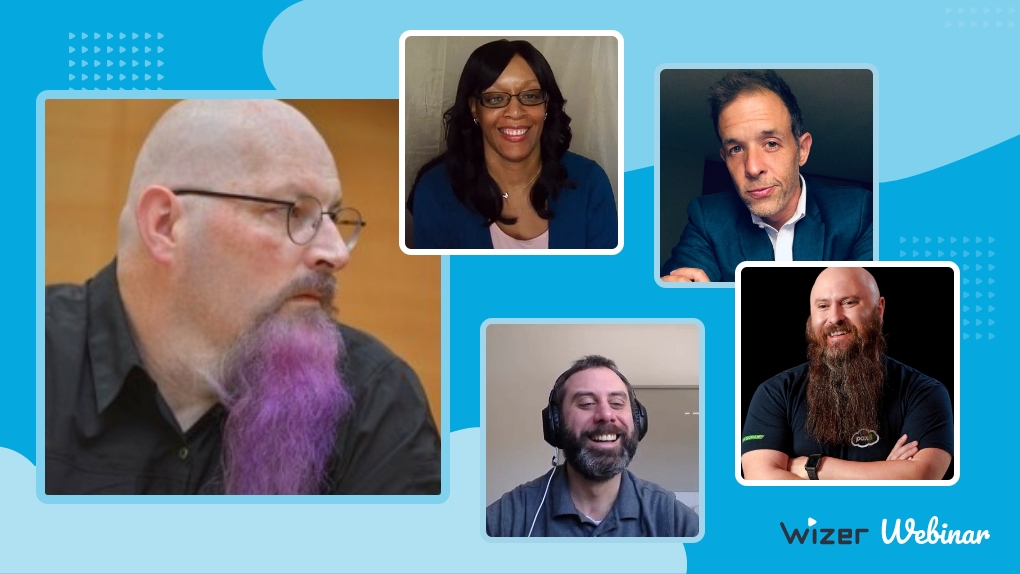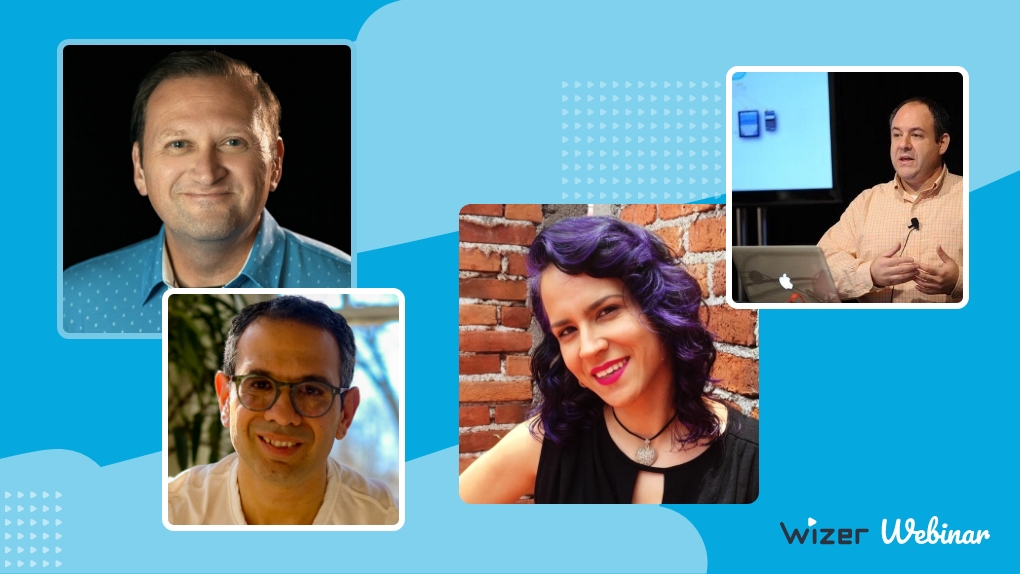Launching Your Startup
How do you get started?
First, you’ll need to get out of your comfort zone and enter your courage zone. This process is uncomfortable, so prepare your mind. It’s similar to working out, it hurts while doing it but eventually you’ll build muscle or endurance.
Entrepreneurship is a life journey, not a lottery ticket. It’s not like you have only one chance. You may fail the first time or even multiple times, but if you learn from your mistakes you will eventually succeed. Don’t give up!
How important is the idea?
The idea is overrated. Because entrepreneurship is a journey, it’s more about persistence than the idea. Actually, most startups pivot from their original idea.
Do you need to quit your job?
Not necessarily. Many people say they can’t leave their job, so the question is - define “Can’t”. Is it because you don’t want to or because you can’t? It’s understandable, you need money to pay for groceries and such. You can work after hours, find another less demanding job, become a consultant, or raise money. But mentally, your primary job is now building your business and your day job is your second job.
When do you start?
The best time to start is Yesterday. Seriously, because entrepreneurship is a journey and you will need to take your first step sooner rather than later. You will never be ready, however you will learn as you go.
Where do you find a co-founder?
Find people that share the same passion to solve the same problem. And also find people that are strong in the things you aren’t. So, if technology is your strong suit, find a co-founder that is better than you in sales or marketing. You need to understand the components you need to be successful and find co-founders that will fill these spots. This will also reduce the amount of money you need, because both of you will be working for free - at least in the beginning. When you find a co-founder that overlaps with what you are doing, not only is it a waste of money, but it will also create more friction between you both.
How do you know if your idea is great?
It’s an iterative process that will likely require you to pivot or go in zig zags. You have to find the pain the customer is experiencing that requires them to take action now. But be careful how you ask for feedback. Don’t be biased or fool yourself by asking questions in a way that will result in a “Yes”. It may be surprising, but you can actually get people to pay for your solution even if you don’t have it yet. If the pain is big enough and people trust you, they will be willing to pay once you deliver the solution. Or in other words, they may pay for the proof of concept. The amount they pay doesn't really matter at the beginning, what matters more is that they are willing to pay. Another alternative is to give your product for free and find out if the customers are actually using it. Customers that pay with their time is also a good indicator of genuine interest. But make sure they are actually using the product vs just installing or subscribing to it. And if they recommend it to others, then that’s even better!
Where do you find your first customers?
You can’t just put it on the internet and hope people will come. Start with your inner circles and find those who share the same passion for solving the same pain. And ask them who else has this pain.
Next, you need to treat your go-to-market like a product. If you are good at troubleshooting technical issues, then you need to use the same approach with your go-to-market and sales. Keep asking yourself, what’s not working, where are the bottlenecks, and keep trying until you fix it. Just like anything else you troubleshot, if you try enough you will probably find a solution. The most important thing is, don’t keep doing something if it’s not working just because you read that this is the best practice.
The more friction you add to evaluate your solution, then the harder it is to sell. Many people today prefer to self evaluate a product instead of getting on a series of demos and phone calls, so if you want to get to more potential customers, reduce friction as much as possible.
How do you scale?
You need to be honest with yourself, not all revenues are equal. You need to find what is the value that the majority of your customers are willing to pay for and focus on making that repeatable. During this process you may need to say no to use cases that derail you from your main offering. Trying to serve multiple use cases is expensive and hard to scale. You want a simple message that is easy to evaluate and can be packaged in a way that can be repeatedly sold.
Is it worth it?
If you are an entrepreneur, then it’s not a question of “Is it worth it?”. You don’t have a choice… it’s an addiction! :)
Thank you to our esteemed co-host
Gil Zimmermann - Founding Partner at FXP

Gabriel Friedlander
Gabriel Friedlander is the Founder & CEO of Wizer, whose mission is to make basic security awareness a basic life skill for everyone. Wizer has been rapidly growing since being founded in 2019, and now serves 20K+ organizations across 50 countries. Before founding Wizer, Gabriel was the co-founder of ObserveIT (acquired by Proofpoint). With over a decade of experience studying human behavior, he is a prolific content creator on social media, focusing on online safety to elevate public understanding of digital risks. His engaging 1-minute videos have captured the attention of millions worldwide, going viral for their impactful messages.


